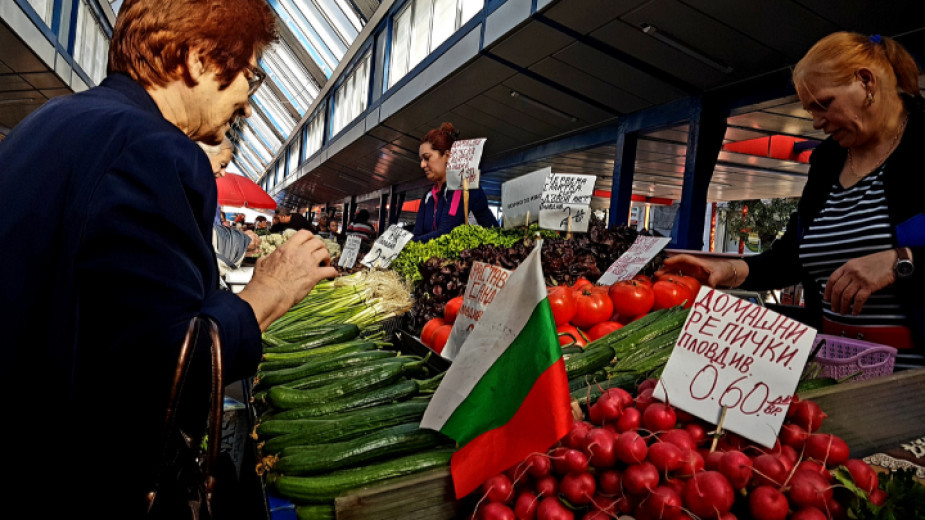Bulgaria is famous for the delicious fruits and vegetables that its land produces. Traditions in Bulgarian horticulture have paved the basis for this sector in a number of other European countries. However, it turns out that nowadays fruit and vegetable production has been constantly shrinking and is no longer able to meet the needs of the Bulgarian consumer.
Despite the European subsidies, fruit and vegetable production in this country continues to be noncompetitive and unable to meet the needs of the country, a comparative analysis of the non-governmental organization "InteliAgro" shows. Their study aims to assess how policies implemented in the sector affect the domestic market of Bulgarian products.

Data in the analysis show that Bulgaria holds one of the first places in terms of the amount of subsidies for the Fruit and Vegetable sector, but it still remains vulnerable. With an average rate of 251 euros per decare in the EU, Bulgarian horticulturists received twice as much - 541 euros.
Fruit and vegetable production in Bulgaria fails to satisfy the domestic demand when it comes to 16 out of 19 studied crops.
When it comes to some crops, such as peppers, cabbage, peaches and apples, there has been no increase in production at all between the last two European programming periods. Experts find this puzzling given the fact that in the first period, which coincides with the accession of Bulgaria to the EU (2007-2011), coupled support was not offered. In the period 2014-2020, about EUR 40 million per year have been allocated to the Fruit and Vegetable sector, as this is production-related support.

Experts recommend that in the future subsidies should be linked to proven production efficiency. Public funds should not be used to support plantations located in unsuitable areas, while investments in irrigation and hail protection in endangered areas should be obligatory when it comes to support with European funds.
Editor: E. Karkalanova /based on materials by BNR- „Horizont“ and InteliAgro/
English: Alexander Markov
The tariffs imposed on European goods by the Trump administration are expected to have both direct and indirect effects on Bulgarian exports. The Ministry of Economy and Industry has calculated the direct impact at €468 million, while..
The Celestial Empire, the “world’s factory”—that is China, the globe’s second-largest economy. The Asian powerhouse is actively expanding its economic reach worldwide, with the Belt and Road Initiative as the apogee of these efforts, through which..
The demand for employees increased by 5% in August, or by over 1,700 more offers compared to July, one of the largest HR companies in Bulgaria reported to BTA. But on an annual basis there is a decline of 7% , or by 3,100 offers. The "Trade..

+359 2 9336 661
